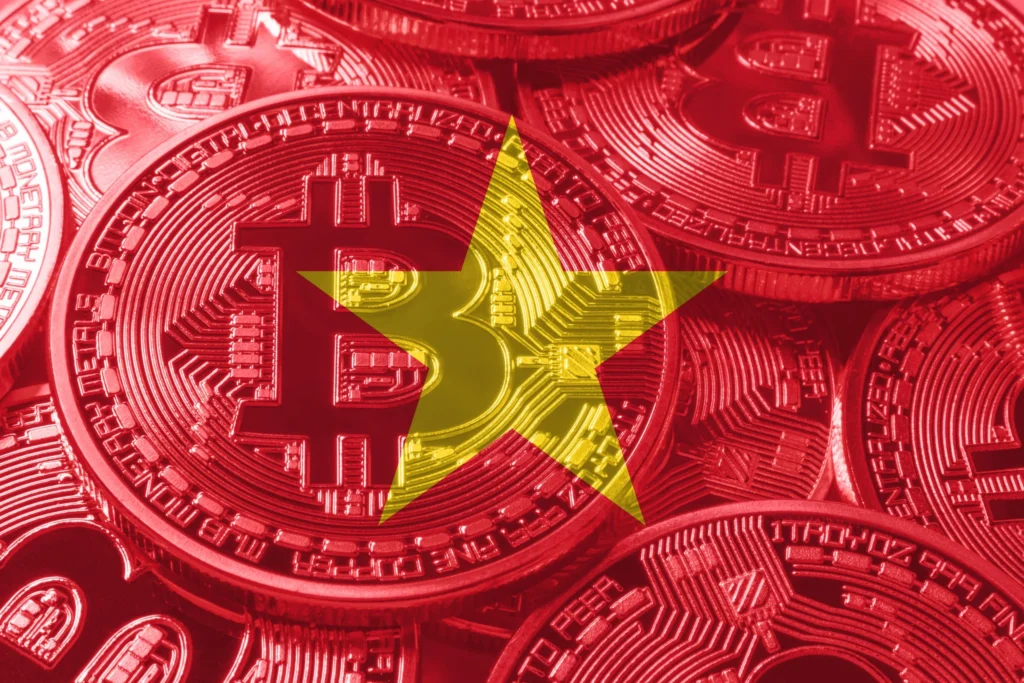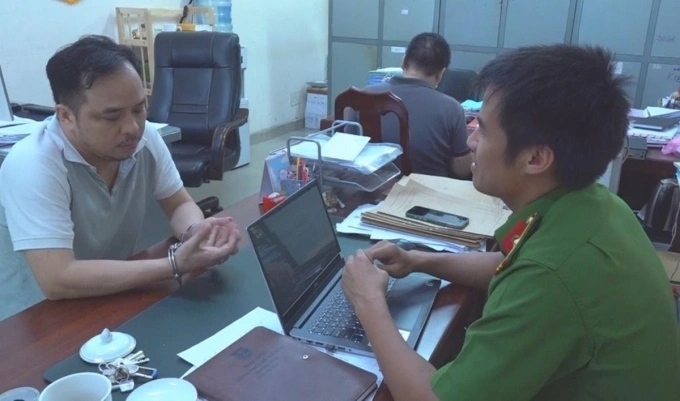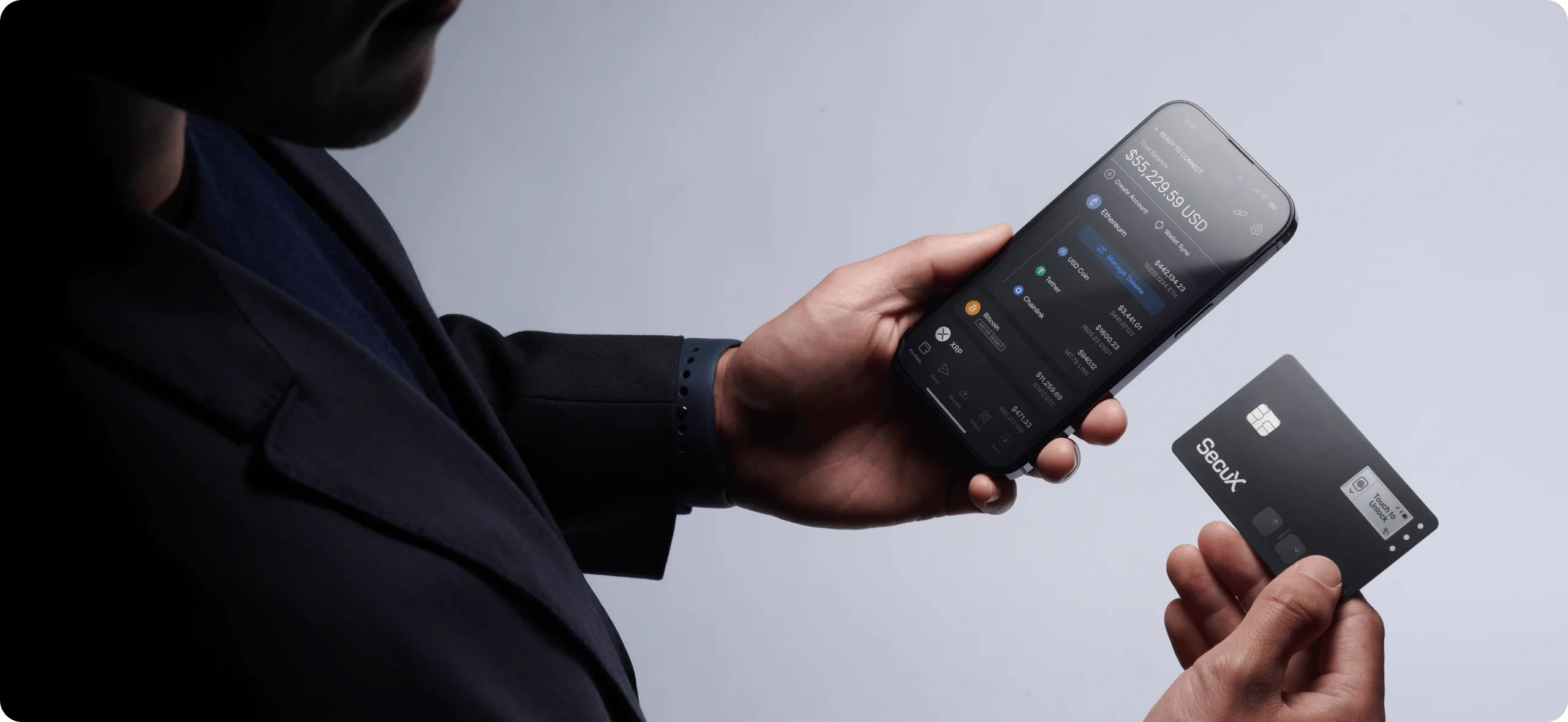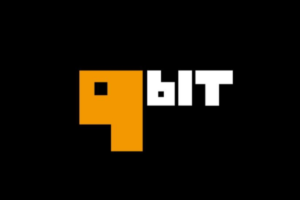Staying Safe in the Digital Maze: How to Avoid Crypto Scams in Vietnam
Vietnam has become one of Southeast Asia’s most active cryptocurrency hubs. From bustling cities like Ho Chi Minh City to tech-forward enclaves in Hanoi, more locals are turning to crypto — for investment, remittance, and even everyday transactions. But as interest soars, so do the risks. Crypto scams in Vietnam have been growing in sophistication, catching even experienced users off guard.
Whether you’re a curious first-timer or a seasoned trader, this guide offers secure trading tips and highlights signs to watch out for — because in crypto, vigilance can mean the difference between profit and loss.
The Evolving Nature of Crypto Scams in Vietnam

Credit from Freeman Law
One of the biggest challenges Vietnamese investors face is identifying what a scam looks like today. Gone are the days of obvious Ponzi schemes with flashy promises. Instead, scams have morphed into smart contracts that drain wallets, social media accounts mimicking real exchanges, and phishing links that appear in legitimate-looking Telegram groups.
A tech freelancer based in Da Nang recalled receiving an “investment opportunity” via Zalo from someone impersonating a Binance representative. “They showed me a fake trading dashboard. It looked real until I noticed the wallet address didn’t match the official Binance address,” he said.
This kind of real-life deception is increasingly common — and often hard to detect without close inspection.
Secure Trading Tips for Vietnam’s Crypto Community
1. Stick to Recognized Platforms
When trading, always use established platforms with solid track records. Vietnamese users often rely on Binance, KuCoin, or even local platforms like Remitano. While no platform is 100% immune to risk, using well-regulated and known services significantly reduces exposure to fraud.
Avoid apps or websites shared in chat groups unless you’ve verified them independently. Many crypto scams in Vietnam start with private messages offering “early access” or “VIP rates.”
2. Double-Check Before You Click
Phishing links are rampant. A single misplaced letter in a domain can lead to a fake site designed to steal your login credentials. If a platform asks you to connect your wallet or enter a seed phrase, stop. No legitimate site will ever ask for that information outright.
Simple tip: Bookmark the official websites of exchanges you use — and never follow login links from email or social media.
How to Identify Crypto Scams in Vietnam

Credit from VnExpress International
Red flags to watch for:
- Promises of guaranteed returns
- Pressure to “act fast” or “invite others”
- Platforms with no visible team or support channels
- Telegram or Facebook groups that restrict comments or delete concerns
- Poor Vietnamese translations or suspiciously generic websites
Vietnam crypto fraud prevention strategies often begin with education. Community events, tech meetups, and Reddit forums like r/VietCrypto are spaces where users share alerts and stay updated on scam tactics.
Protect Your Digital Assets from Scams

Credit from SecuX Wallets
Consider using a cold wallet for storing large amounts of cryptocurrency. Keeping your private keys offline adds a vital layer of protection. For daily use, split funds across multiple wallets — so if one is compromised, the damage is limited.
Also, enable two-factor authentication (2FA) and never reuse passwords across platforms. These small habits create strong barriers against fraud.
Conclusion: Stay Informed, Stay Secure
The Vietnamese crypto scene shows no signs of slowing down. But with that growth comes the need for stronger personal safety habits. By understanding how crypto scams operate and following secure trading tips, you protect more than your wallet — you protect your trust in the system.
For Vietnamese traders navigating this fast-moving space, awareness is the first — and best — defense.




